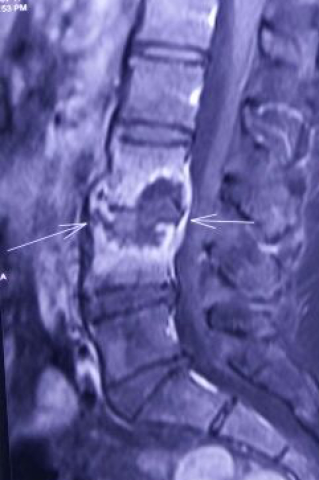Back and neck pain is a very common symptom many of us experience occasionally. It is estimated that almost 70 to 80% of the population will experience an episode of severe back pain at some point in their lifetime.
The most common cause is a minor strain or injury to the spinal muscles and other structures in the spine, usually due to bad posture during daily routine activities. Most of the times, such pain gets relieved in a few days with rest and pain medications. But there are certain serious spinal conditions also which could be the cause for the spinal pain. An osteoporotic fracture, spinal infections like tuberculosis, a tumour that has spread to the spine are some examples. Sometimes the pain could be a warning sign of an imminent vertebral collapse or neurological impairment.
The symptoms and signs that indicate possible serious causes for back pain are called the “red flag” signs, which the doctors look for during examination, indicating that there is an immediate risk of further harm to the patient, needing further evaluation, in the form of spine imaging and/or blood tests to find the cause of the pain. conditions also which could be the cause for the spinal pain. An osteoporotic fracture, spinal infections like tuberculosis, a tumour that has spread to the spine are some examples. Sometimes the pain could be a warning sign of an imminent vertebral collapse or neurological impairment.

Knowing about some of the red flag signs may be of help to the patients in deciding if they need to get an early medical attention for their spinal pain. So, these are some of the red flags that a common person can identify:
So, if you or someone close to you are experiencing persistent back or neck pain and have one or more of the above mentioned red flag signs, it clearly warrants a visit to your doctor as soon as possible, as it could be something more serious than a usual strain related back pain.
If you liked the article, please share it and subscribe to my future articles on spine problems. Thank you.!

With years of experience in spine surgery, Dr Phani Kiran S, Senior Consultant Spine Surgeon will assess you and suggest the treatment option that is right for you.
We at Medspine clinics, understand the importance of educating all our patients about the spinal problems and the most effective ways to take care of their spine.
The Ortho Clinic: Monday, Wednesday, Friday, Saturday.
Ojas Health: Tuesday, Thursday
© Copyright 2024 MedSpine. All Rights Reserved. Build with 🤍 by Digital GYB
WhatsApp us